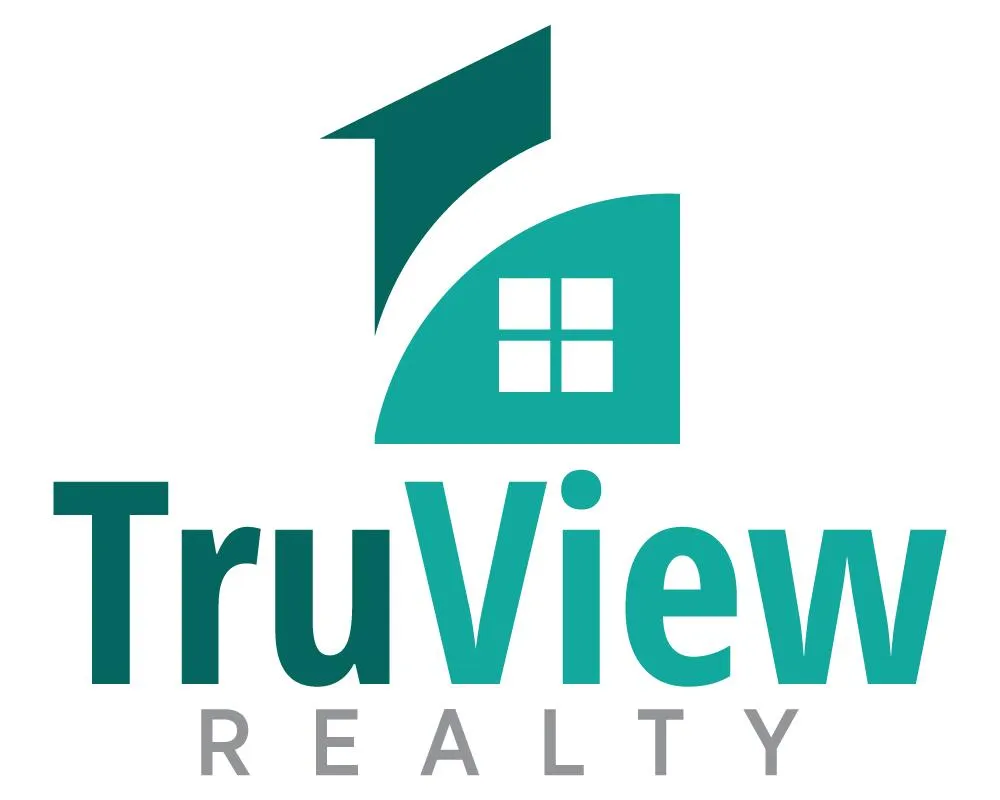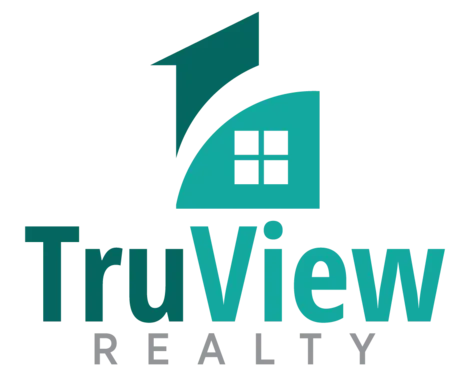TruView Realty
ELEVATING THE BEAUTY & BUSINESS OF REAL ESTATE
INTEGRITY. DISCRETION. EXCELLENCE.
Welcome to TruView Realty! Discover your piece of paradise in Cherry Hill. Our expert team is here to help you find the perfect property, whether it's a vacation home or an investment opportunity. Explore our listings and make your dreams a reality with TruView Realty.
featured properties
Communities
LATEST LISTINGS
Contact information

